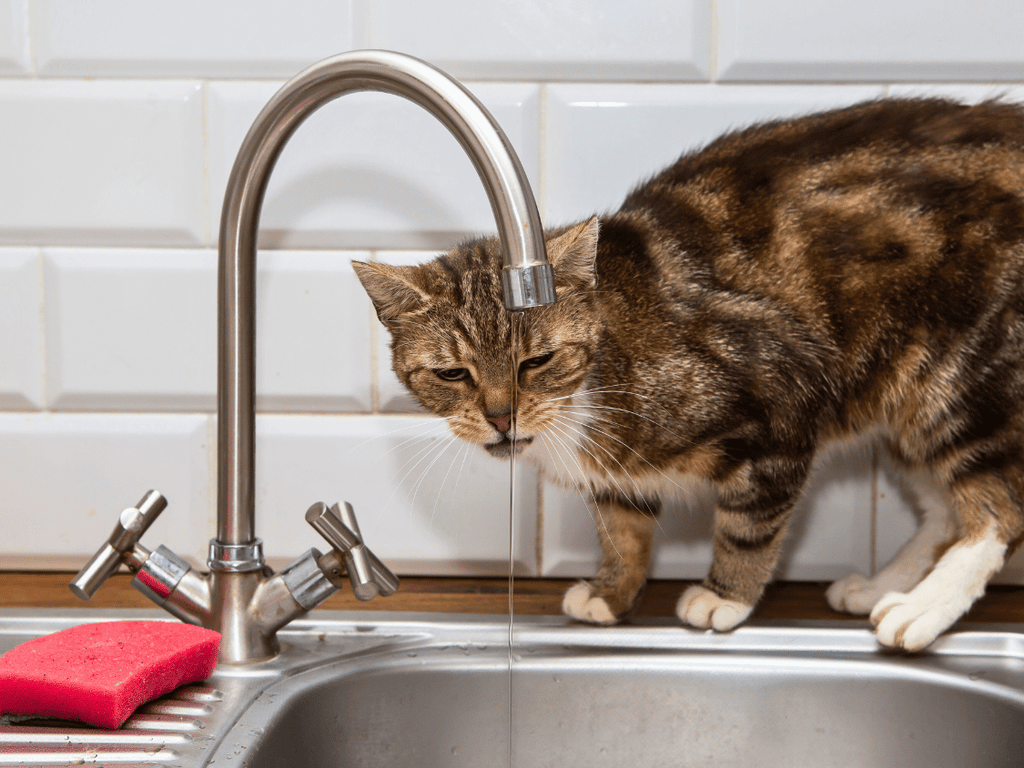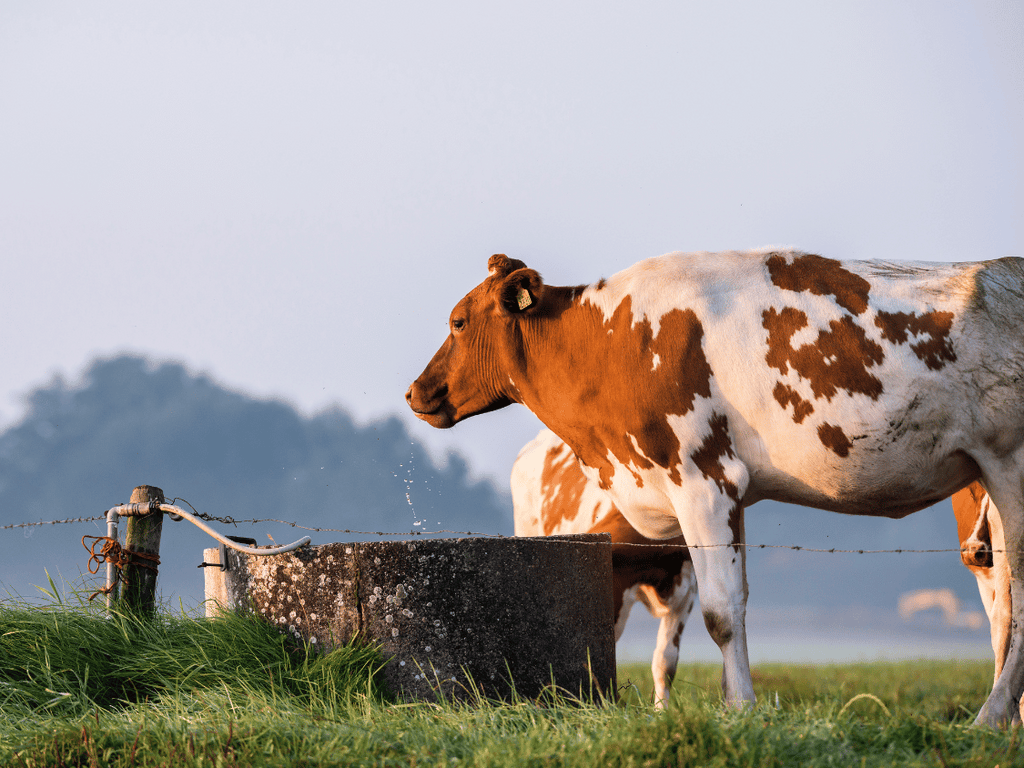Pets and livestock hold a special place in our lives, serving as cherished companions and essential contributors to our livelihoods. As a responsible caregiver, it is paramount to prioritize their hydration and nutritional needs. In recent years, ionized alkaline water has gained traction as a potential solution to meet these requirements. This article aims to delve into the benefits and considerations associated with integrating ionized alkaline water into pets and livestock hydration routines.
Understanding Ionized Alkaline Water
Ionized alkaline water distinguishes itself by its elevated pH level, typically eight to nine. This heightened pH is achieved through a process called ionization, wherein water molecules are separated into positively and negatively charged ions. The outcome is water characterized by a more alkaline pH, enriched with essential minerals.

The Pitfalls of Regular Tap Water
Before delving into the advantages of ionized alkaline water, it is crucial to acknowledge the deficiencies of conventional tap water. Often laden with harmful chemicals and contaminants such as chlorine, fluoride, heavy metals, and toxins, tap water poses risks to both human and animal health. Despite these well-documented concerns, tap water remains a prevalent source of hydration for pets and livestock, underscoring the urgent need for alternative options.
Benefits for Pets and Livestock
Increased Hydration
Anecdotal evidence suggests that animals exhibit heightened water consumption when provided with ionized alkaline water, leading to improved hydration levels. Adequate hydration is paramount for overall health and extend the lifespan of pets and livestock.

Enhanced Metabolism and Energy Levels
The elevated pH of ionized alkaline water facilitates enhanced nutrient absorption and cellular hydration in animals. Consequently, this augmentation contributes to heightened metabolism and energy levels, enhancing their vitality and overall well-being.
Odor Reduction
Ionized water's alkaline properties have been linked to odor-neutralizing capabilities, particularly beneficial for pet owners seeking to mitigate unpleasant odors associated with animal waste. This attribute fosters a more hygienic and pleasant living environment for both pets and their human companions.
Rich Mineral Content
Ionized alkaline water typically contains essential minerals such as calcium, potassium, sodium, and magnesium. These minerals are indispensable for various physiological functions in animals. These minerals play pivotal roles in maintaining bone health, facilitating energy production, supporting cellular function, and promoting overall vitality.

Applications in Livestock Management
Dairy Cows
Studies indicate that substituting conventional water sources with ionized alkaline water can yield a plethora of benefits for dairy cows. These advantages include augmented milk production and quality, enhanced fertility rates, diminished odors in excrement and urine, and improved skin condition. Additionally, ionized water contributes to the overall health of dairy herds.
Livestock Corpse Disposal
Efficient disposal of livestock remains is imperative to prevent environmental contamination and uphold biosecurity standards. Alkaline hydrolysis, a method employing alkaline water to decompose organic matter, presents an eco-friendly alternative to traditional disposal techniques. This process yields a sterile solution suitable for repurposing in various agricultural applications, minimizing waste and environmental impact.

Precautions and Considerations
While ionized alkaline water benefits for pets and livestock are noteworthy, prudent measures must be observed:
- Medication Considerations: Avoid administering alkaline water to animals concurrently receiving medication, as it may impede medication absorption due to its pH-altering properties.
- Mealtime Consumption: Exercise caution when offering high-pH water around meal times, as it could disrupt the digestive process.
- Nursing Considerations: For nursing animals, monitor the pH of maternal milk if they consume alkaline water, as it may impact the nutritional composition of the milk.
- Gradual Introduction: Introduce alkaline water gradually to animals, closely monitoring for any adverse reactions or behavioral changes
Investing in a reputable water ionization system tailored for animal use ensures consistent access to ionized alkaline water. The Alkaline Water PITCHER OF LIFE® from Pitcher of Life Purifiers stands as an exemplary choice, designed to cater to the specific hydration needs of both pets and livestock.
Enjoy water with a pH range of 8.5 to 9.5, precisely tailored to match your tap water's original pH for optimal alkalinity.
Advanced filter technology ensures the removal of contaminants while infusing essential minerals like calcium and magnesium, promoting health and vitality for both humans and animals.
With durable NSF Certified advanced carbon filter capable of purifying up to 40 gallons or 60 days' worth of water, you can provide cleaner hydration for your entire household, including your beloved pets and livestock, for an extended period.
Backed by a Lifetime Warranty and adorned with the symbolic Flower of Life, this pitcher embodies harmony and balance. It delivers the highest quality alkaline water for all members of your Family, furry or otherwise.
Conclusion
In conclusion, the incorporation of ionized alkaline water into pets and livestock hydration regimens offers a myriad of benefits, including improved hydration, metabolism, and overall well-being. By embracing this innovative approach, animal owners can safeguard their companions' health and vitality. Nonetheless, it is imperative to exercise caution and seek guidance from veterinary professionals when implementing dietary modifications or interventions for animals.

